Samsung’s Struggles: Nvidia CEO Questions Trust in Korean Giant’s Memory Chips and Engineers
Samsung, a global leader in technology, is facing a tough situation in the competitive world of high-bandwidth memory (HBM) chips. Nvidia, a powerhouse in artificial intelligence (AI) and graphics processing, appears to be distancing itself from Samsung. Nvidia’s CEO, Jensen Huang, recently made statements that shook the industry, expressing doubts about Samsung’s memory chips and engineering reliability.
The Breaking Point: What Led to Nvidia’s Concerns?
In late January 2025, South Korean news outlet Hankyung reported a tense exchange between Jensen Huang and Samsung executives. According to the report, Huang said, “I am a customer of Samsung Electronics, not an employee. Stop calling and asking questions.”
Huang didn’t stop there. He openly expressed his distrust of Samsung’s HBM products and engineering team, citing frequent changes in Samsung’s senior leadership as a critical issue. “We can’t trust and do business with them because Samsung changes its senior executives so often,” Huang reportedly stated.
These statements came just weeks after Huang had praised Samsung’s HBM memory at the Consumer Electronics Show (CES) 2025 in Las Vegas. His sudden change in tone has sparked concern and confusion within the tech community.
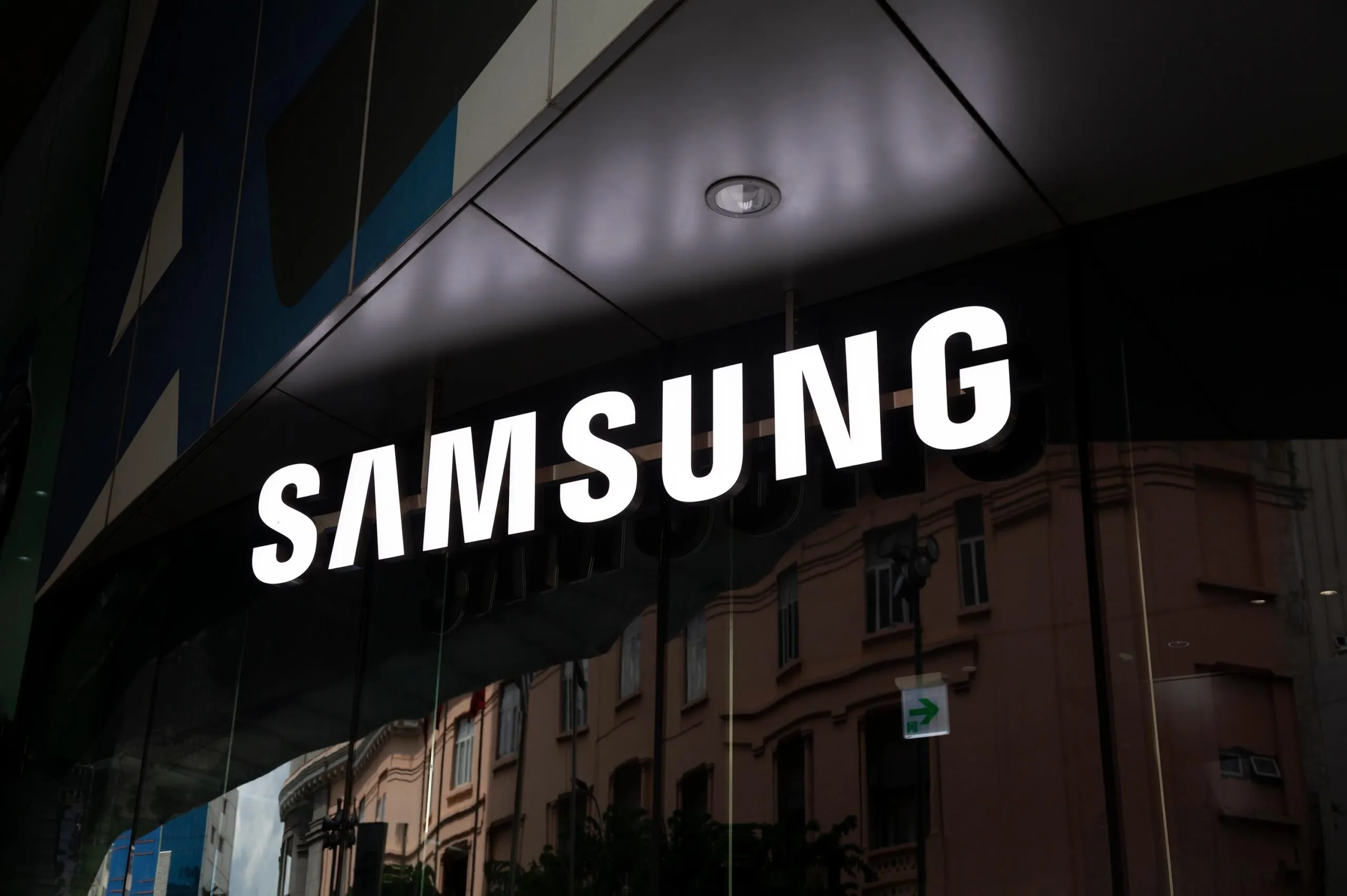
Why Does Trust Matter in the Chip Industry?
In the highly competitive and fast-evolving semiconductor industry, maintaining strong and stable partnerships is critical to success. High-bandwidth memory (HBM) plays a pivotal role in powering advanced AI graphics processing units (GPUs) used in a wide array of applications, from immersive gaming experiences to sophisticated data processing and machine learning tasks.
When a tech giant like Nvidia selects a supplier for memory chips, it looks beyond raw performance metrics. Reliability, consistency, and the potential for a long-term, mutually beneficial collaboration are equally important. This is why leadership stability within a supplier company, such as Samsung, can significantly impact such partnerships.
Frequent changes in leadership at Samsung could create uncertainty in communication channels, disrupt project development timelines, and even lead to fluctuations in product quality. These potential issues might explain why Nvidia CEO Jensen Huang’s recent remarks about Samsung came across as unusually harsh. For a company like Nvidia, which relies on seamless integration and high-quality components to maintain its competitive edge, any sign of instability from a critical supplier could raise red flags.
Ultimately, Huang’s candid comments may serve as a strategic signal to Samsung, emphasizing the need for stability and reliability to preserve the valued partnership in the demanding semiconductor market.
Samsung’s Efforts to Lead in HBM3E Technology
Samsung has been investing heavily in its HBM3E memory, aiming to compete with other leading chipmakers. The HBM3E is an advanced version of high-bandwidth memory designed to enhance performance in AI applications and GPUs.
At CES 2025, Samsung showcased its latest developments and aimed to secure Nvidia as a key customer for its 8-layer and 12-layer HBM3E products. However, Nvidia has yet to approve these memory solutions, leaving Samsung in a difficult position.
This delay not only disappointed investors but also prompted an apology from Jun Young-hyun, head of Samsung’s memory chip division. The apology underscored the high stakes involved and the pressure Samsung faces to regain Nvidia’s confidence.
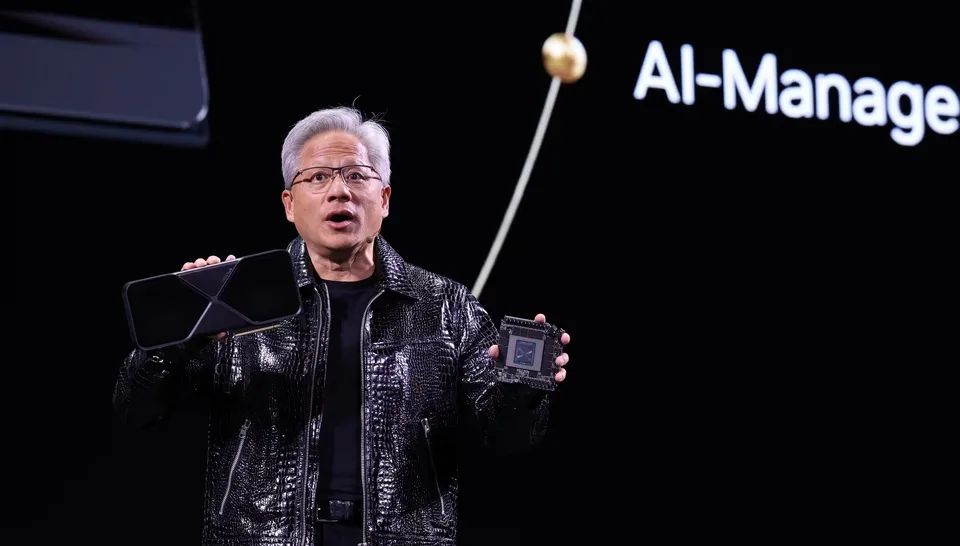
Nvidia’s Backup Plan: Turning to Other Partners
With trust in Samsung waning, Nvidia is shifting its focus to other memory chip providers. The company is expected to continue its collaboration with SK Hynix (another South Korean tech giant) and Micron (a leading US-based memory manufacturer).
At CES 2025, SK Hynix made headlines by introducing the world’s first 16-layer HBM3E chip. This breakthrough technology offers a compelling alternative to Samsung’s products, giving Nvidia more options and potentially explaining the company’s hesitation to commit to Samsung.
What This Means for the Market
The semiconductor industry is highly competitive, and Nvidia’s decisions have a significant impact on the market. By distancing itself from Samsung, Nvidia might influence other tech companies to reconsider their partnerships with the Korean giant.
On the other hand, this situation provides a golden opportunity for SK Hynix and Micron. If they can meet Nvidia’s high standards for performance and reliability, these companies could strengthen their market positions and secure lucrative deals.
For Samsung, losing Nvidia as a customer for its HBM3E chips could mean more than just lost revenue. It could affect Samsung’s reputation as a reliable supplier in the AI and GPU markets. The tech community will be watching closely to see if Samsung can bounce back by improving its product offerings and stabilizing its leadership.
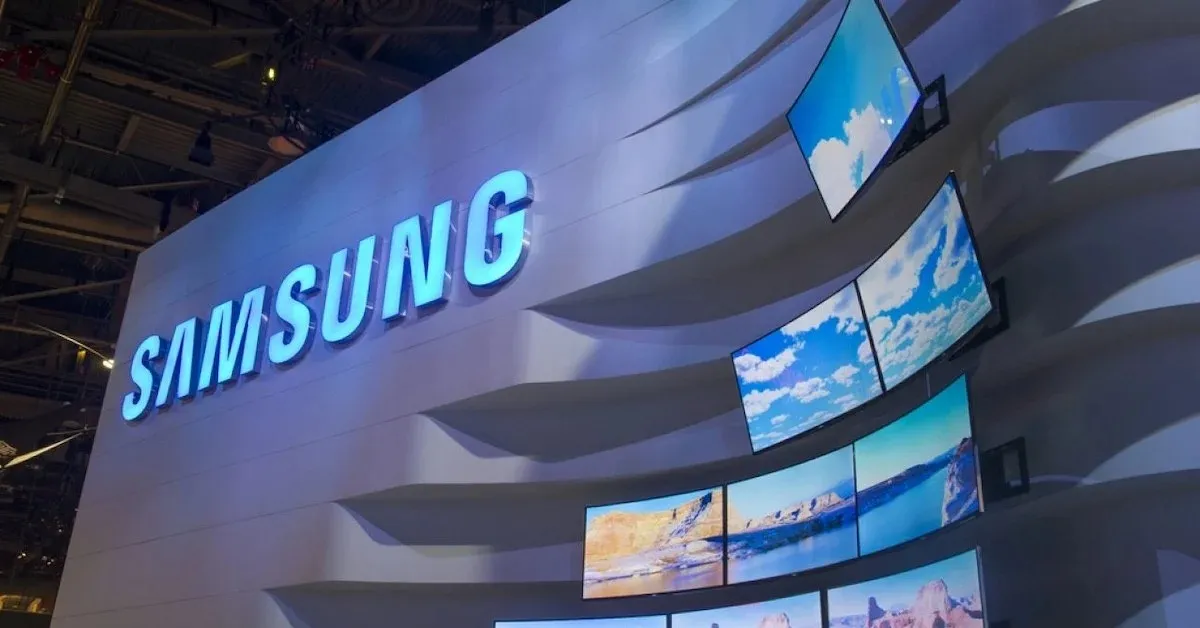
How Can Samsung Regain Trust?
To restore its standing in the memory chip industry, Samsung needs to address the concerns raised by Nvidia and other potential partners. Some strategic steps Samsung could take include:
– Stabilizing Leadership: Frequent changes in senior management can disrupt operations and erode trust. A consistent leadership team could help Samsung improve communication and reliability.
– Ensuring Product Quality: Samsung must demonstrate that its HBM3E chips meet or exceed industry standards. This could involve independent testing and transparent reporting of performance metrics.
– Building Stronger Relationships: Samsung should enhance its customer relations by providing consistent support and clear communication, particularly with major clients like Nvidia.
– Innovating Quickly: The semiconductor industry moves fast. Samsung needs to match or exceed the innovations of competitors like SK Hynix and Micron to remain relevant.
The Road Ahead: What to Expect
While Nvidia’s hesitance to use Samsung’s HBM3E chips is a setback for the Korean company, it is not necessarily the end of the road. Samsung has the resources and expertise to recover, provided it takes swift and strategic action.
For Nvidia, the situation reinforces the importance of maintaining a flexible supply chain. By exploring alternatives with SK Hynix and Micron, Nvidia ensures it has access to high-quality memory chips, supporting its ambitions in the AI and GPU markets.
Meanwhile, the broader tech industry is likely to keep a close eye on how this story unfolds. Semiconductor technology is critical to advancements in AI, cloud computing, and consumer electronics. Any shifts in partnerships between leading companies like Nvidia and Samsung could influence trends and strategies across the sector.
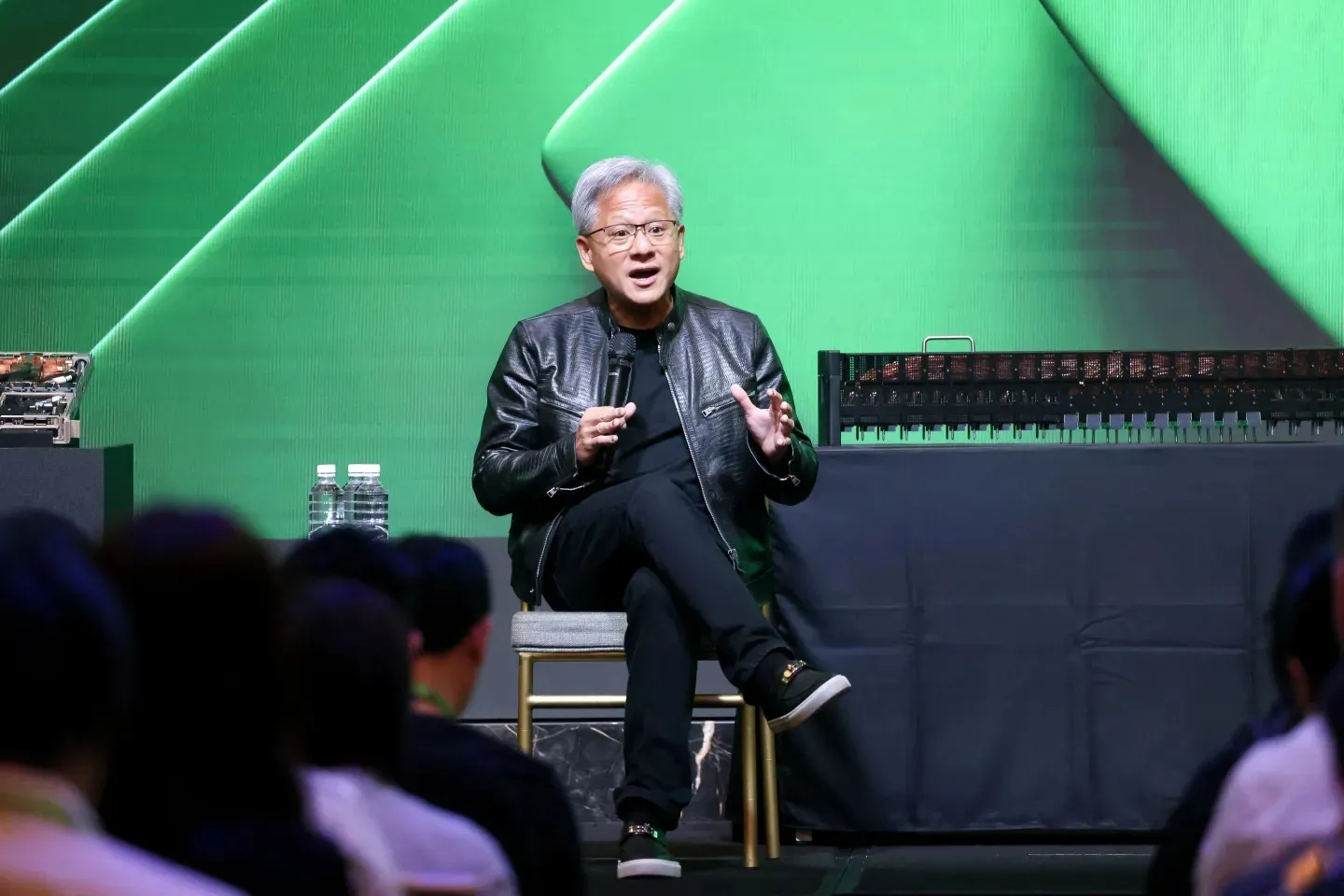
Trust, Technology, and Transformation
The unfolding story between Nvidia and Samsung highlights how critical trust is in the technology industry. As Nvidia distances itself from Samsung, competitors like SK Hynix and Micron may benefit from new opportunities.
For Samsung, the message is clear: building reliable products is only part of the equation. Consistency in leadership and maintaining strong customer relationships are equally important.
As the race for semiconductor dominance continues, companies that prioritize trust and adaptability will likely emerge as industry leaders. Nvidia’s stance serves as a reminder that in the tech world, strong partnerships are just as valuable as cutting-edge technology.
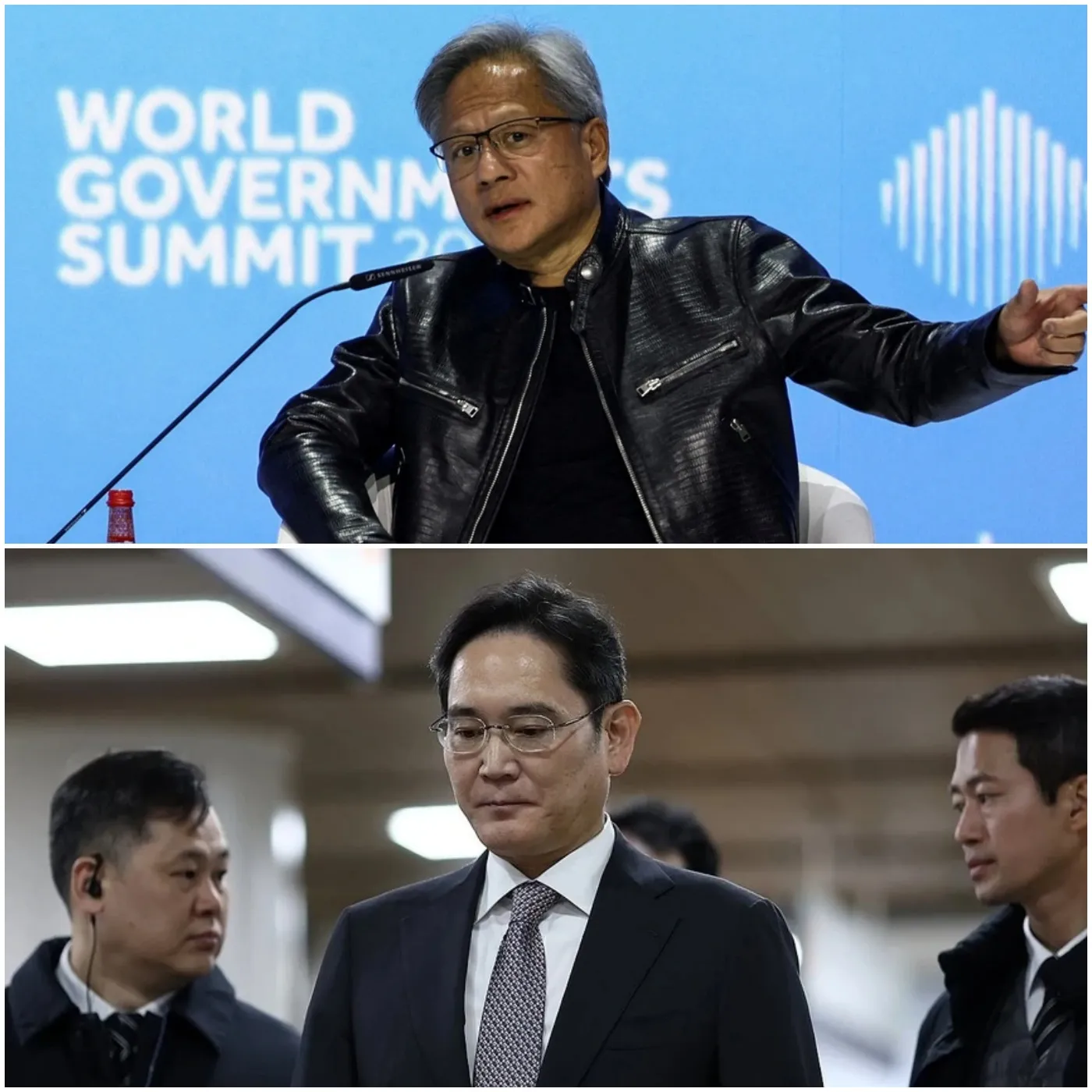


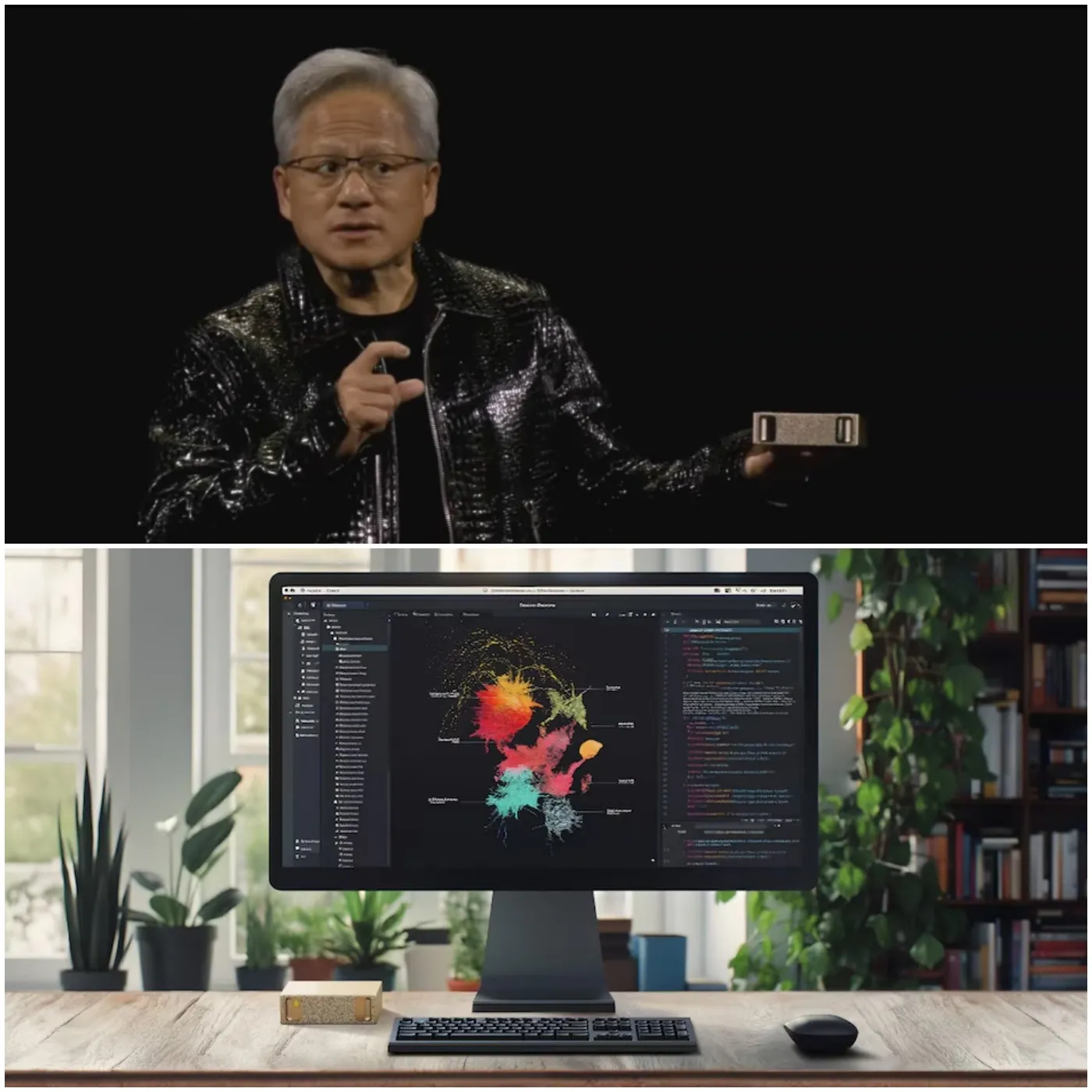
Post Comment